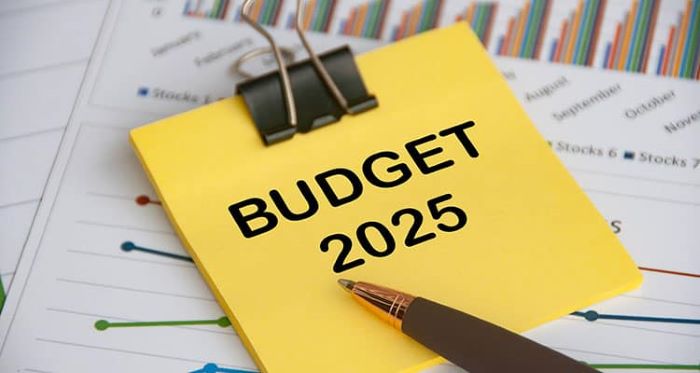Understanding bitcoin price charts is essential for anyone involved in cryptocurrency trading or investment. These charts provide a visual representation of Bitcoin’s value over time, which can be crucial for making informed decisions. Let’s delve into how to use Bitcoin price charts effectively.
Analyzing Historical Trends The first step in using Bitcoin price charts effectively is to analyze historical trends. By looking at how Bitcoin price has moved in the past, you can identify patterns that may repeat in the future. For instance, during periods of high market volatility, Bitcoin price can experience significant fluctuations. Recognizing these trends can help you anticipate potential price movements and adjust your trading strategies accordingly.
Identifying Key Support and Resistance Levels Another important aspect of using Bitcoin price charts is identifying key support and resistance levels. Support levels are prices at which Bitcoin price tends to hold or ‘bounce’ off, while resistance levels are prices at which Bitcoin price tends to struggle to move higher. By identifying these levels, you can set entry and exit points for your trades, helping you maximize profits and minimize losses.
Using Technical Indicators Technical indicators are tools that can be overlaid on Bitcoin price charts to help identify trends and potential price reversals. Examples include the Relative Strength Index (RSI) and Moving Average Convergence Divergence (MACD). These indicators can provide additional insights into the market’s sentiment and help you make more informed decisions about when to buy or sell Bitcoin.
Monitoring Market News and Events Bitcoin price is not only influenced by technical factors but also by market news and events. Keeping abreast of the latest developments in the cryptocurrency space can give you an edge in understanding how Bitcoin price may react. For example, regulatory changes, technological advancements, or macroeconomic events can all impact Bitcoin price. By monitoring these factors, you can anticipate potential shifts in the market and adjust your trading strategies accordingly.
Applying Risk Management Strategies Effective use of Bitcoin price charts also involves applying risk management strategies. This includes setting stop-loss orders to limit potential losses and taking-profit orders to secure gains. By managing your risk effectively, you can protect your investment and ensure that short-term fluctuations in Bitcoin price do not derail your long-term investment goals.
Staying Updated with Market Sentiment Market sentiment plays a significant role in influencing Bitcoin price. Traders and investors’ emotions and expectations can drive prices up or down. By staying updated with market sentiment, you can gauge the overall mood of the market and make better decisions. Tools like social media sentiment analysis or news sentiment analysis can provide insights into the prevailing market sentiment.
Long-Term vs. Short-Term Analysis When using Bitcoin price charts, it’s important to decide whether you’re focusing on long-term or short-term trends. Long-term analysis can help you identify major market cycles and make strategic investment decisions, while short-term analysis can help you with day-to-day trading decisions. Understanding the time frame you’re working with is crucial for setting appropriate goals and expectations.
Combining Fundamental Analysis with Technical Analysis For a comprehensive approach to using Bitcoin price charts, combine fundamental analysis with technical analysis. Fundamental analysis involves evaluating the intrinsic value of Bitcoin by considering factors like network growth, adoption rates, and technological developments. This, combined with technical analysis, can provide a more holistic view of the market and help you make more informed decisions.
Conclusion Using Bitcoin price charts effectively requires a combination of technical analysis, market news monitoring, and risk management. By understanding historical trends, identifying key levels, and staying updated with market sentiment, you can make more informed decisions and potentially enhance your trading or investment outcomes. Remember, the cryptocurrency market is volatile, and past performance is not indicative of future results. Always approach Bitcoin price charts with caution and a well-thought-out strategy.




